Research On Marfan Syndrome
Research on marfan syndrome. Learn more about experts who specialize in the diagnosis and treatment of aorta disease. Cardinal manifestations involve the ocular skeletal and cardiovascular systems. More research is necessary to address this issue and to.
Marfan syndrome is usually an inherited genetic disorder. Connective tissue provides strength and flexibility to structures such as bones ligaments muscles blood vessels and heart valvesThe signs and symptoms of Marfan syndrome vary widely in severity timing of onset and rate of progression. They also typically have overly-flexible joints and scoliosis.
Marfan syndrome is a genetic disorder of the bodys connective tissue which may affect the heart eyes skeleton and lungs. Even among members of the same family the signs and symptoms of Marfan syndrome vary widely both in their features and in their severity. We always work tirelessly to advance research that saves lives and dramatically enhances the quality of life for people living with Marfan syndrome and related conditions.
The Marfan Trust - Supports those with Marfan syndrome and their families - - Provides educational information to raise awareness of Marfan syndrome - - Undertakes medical research to enable better treatment for patients -. The most serious complications involve the heart and aorta with an increased risk of mitral valve prolapse and aortic aneurysm. Connective tissues are proteins that support skin bones blood vessels and other organs.
Marfan syndrome a systemic disorder of connective tissue with a high degree of clinical variability comprises a broad phenotypic continuum ranging from mild features of Marfan syndrome in one or a few systems to severe and rapidly progressive neonatal multiorgan disease. Ongoing research and education to provide patients with high quality and innovative therapies. There is a wide variability in clinical symptoms in Marfan syndrome with the most notable occurring in eye skeleton connective tissue and cardiovascular systems.
It is an autosomal dominant condition occurring once in every 10000 to 20000 individuals. Marfan syndrome is an inherited disorder that affects connective tissue the fibers that support and anchor your organs and other structures in your body. Connective tissue is found all over the body and multiple organ systems may be affected in individuals with Marfan syndrome.
A parent with Marfan syndrome has a 50-50 chance of passing the defective gene along to his or her children. The condition can affect different areas of the body including.
Most people who have Marfan syndrome inherit it from their parents.
Marfan syndrome is an inherited disorder that affects connective tissue the fibers that support and anchor your organs and other structures in your body. The most serious effects include those on the cardiovascular system particularly the heart valves and aorta. A parent with Marfan syndrome has a 50-50 chance of passing the defective gene along to his or her children. We always work tirelessly to advance research that saves lives and dramatically enhances the quality of life for people living with Marfan syndrome and related conditions. The research that weve supported has helped reduce life-threatening problems from these conditions identified treatments that have improved the quality of life and helped people to live a long life with Marfan syndrome. All individuals inherit two copies of each geneIn autosomal dominant conditions an individual has a disease-causing mutation in only one copy of the gene that causes the person to have the disease. Marfan syndrome is one of the most common inherited disorders of connective tissue. Marfan syndrome a systemic disorder of connective tissue with a high degree of clinical variability comprises a broad phenotypic continuum ranging from mild features of Marfan syndrome in one or a few systems to severe and rapidly progressive neonatal multiorgan disease. Marfan syndrome is a genetic condition caused by a mutation or change in one of your genes called the fibrillin-1 FBN1 geneThe FBN1 gene makes fibrillin-1 which is a protein that forms elastic fibers within connective tissue.
Connective tissues are proteins that support skin bones blood vessels and other organs. Marfan syndrome is a genetic disorder that affects the bodys ability to make healthy connective tissue which supports the bones muscles organs and tissues in your body. Connective tissue provides strength and flexibility to structures such as bones ligaments muscles blood vessels and heart valvesThe signs and symptoms of Marfan syndrome vary widely in severity timing of onset and rate of progression. All individuals inherit two copies of each geneIn autosomal dominant conditions an individual has a disease-causing mutation in only one copy of the gene that causes the person to have the disease. Marfan syndrome is inherited in an autosomal dominant manner. Marfan syndrome is a genetic disorder that affects the bodys connective tissue. Marfan syndrome MFS is a genetic disorder that affects the connective tissue.




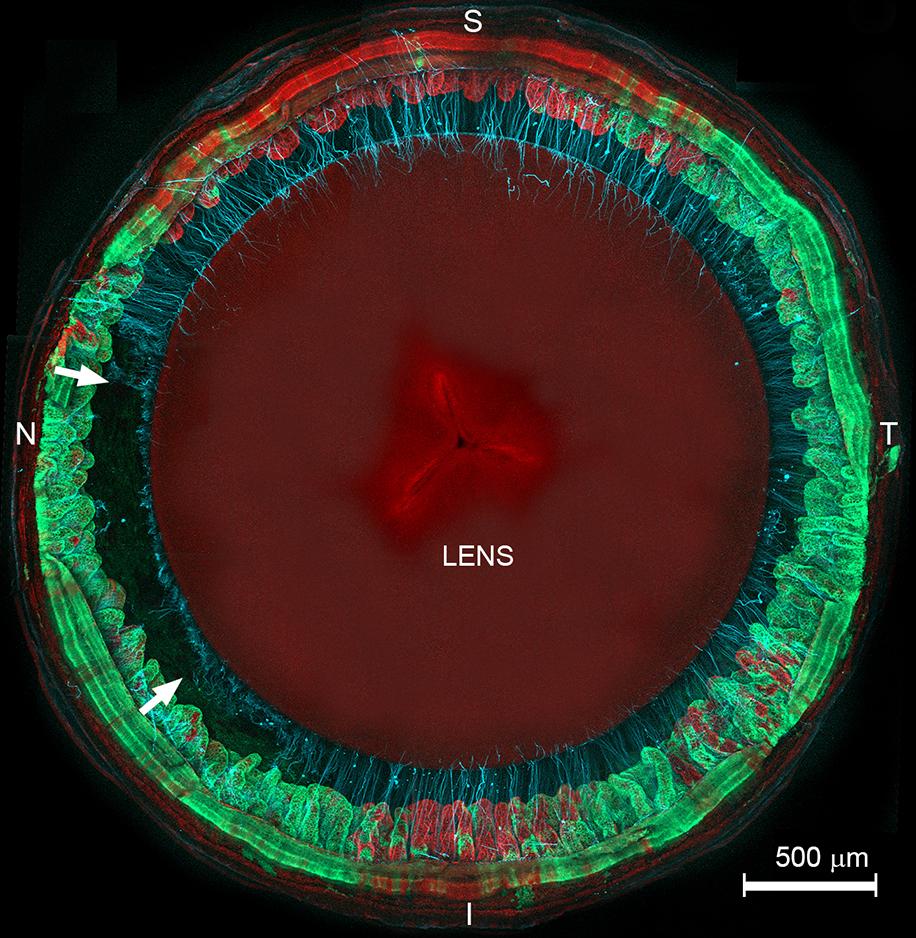
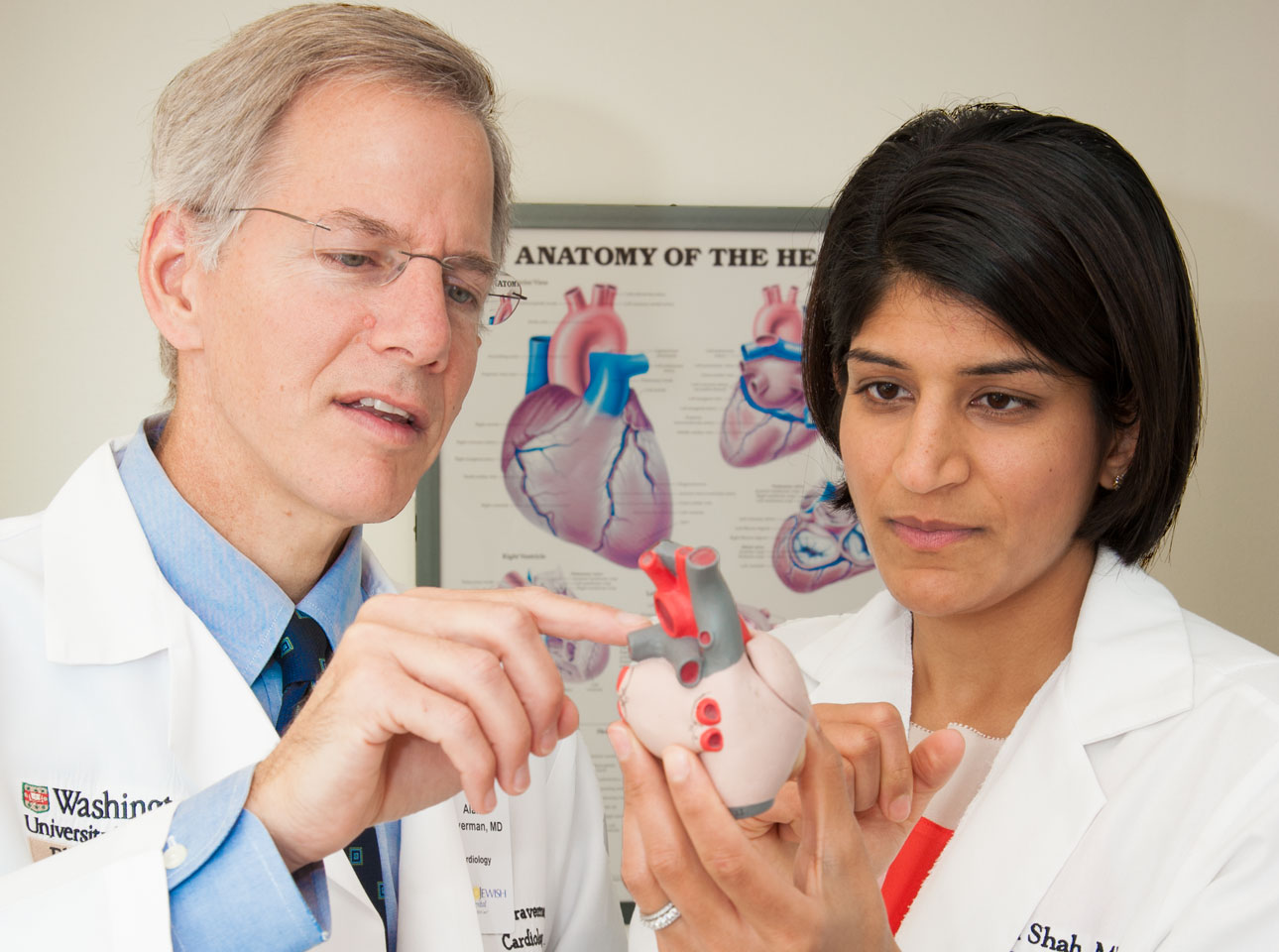
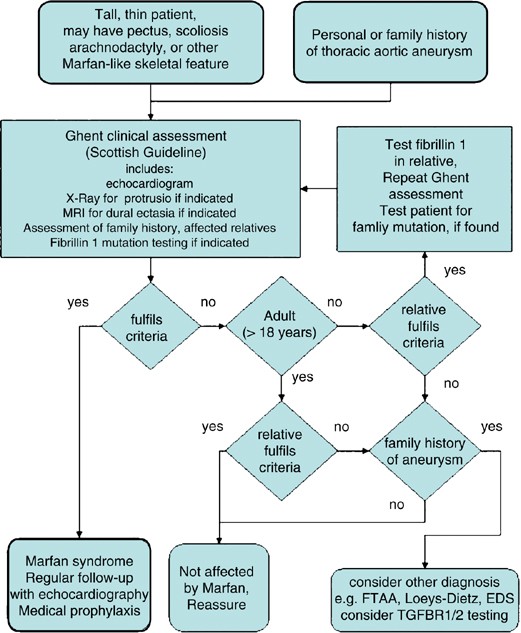




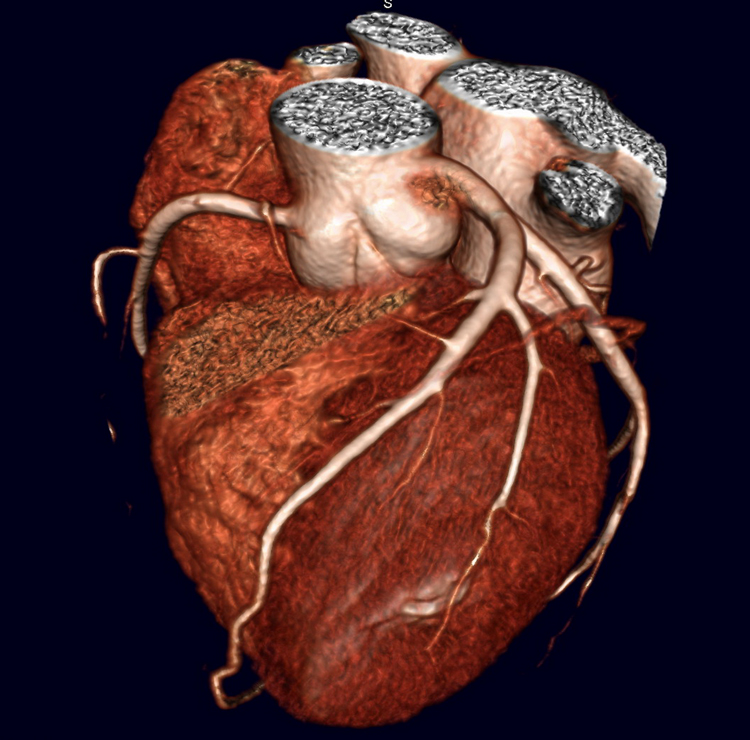
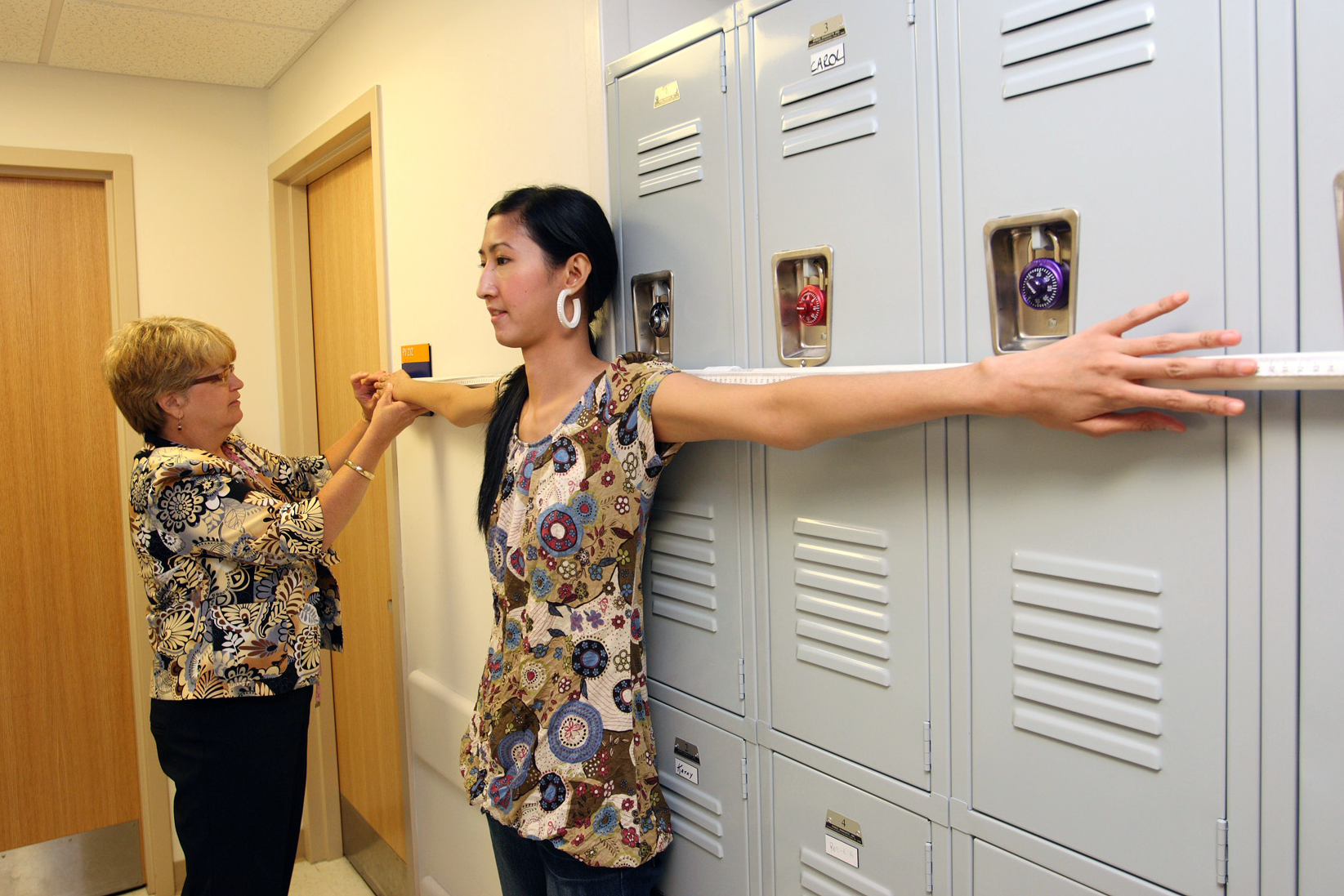







:max_bytes(150000):strip_icc()/GettyImages-6396127831-ac72ad703f264194ac1b7c5e4ce5aa3b.jpg)


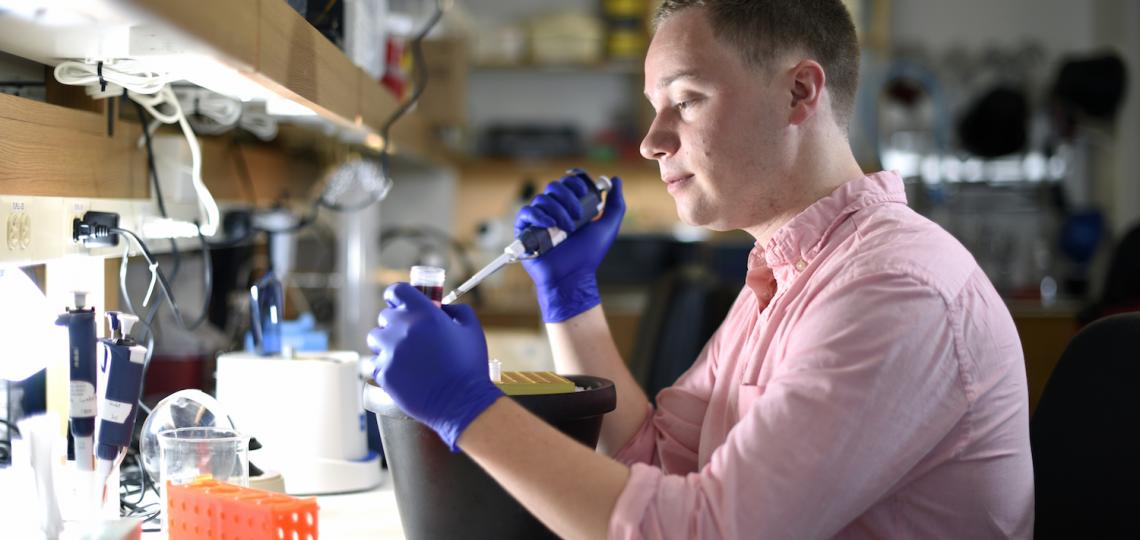
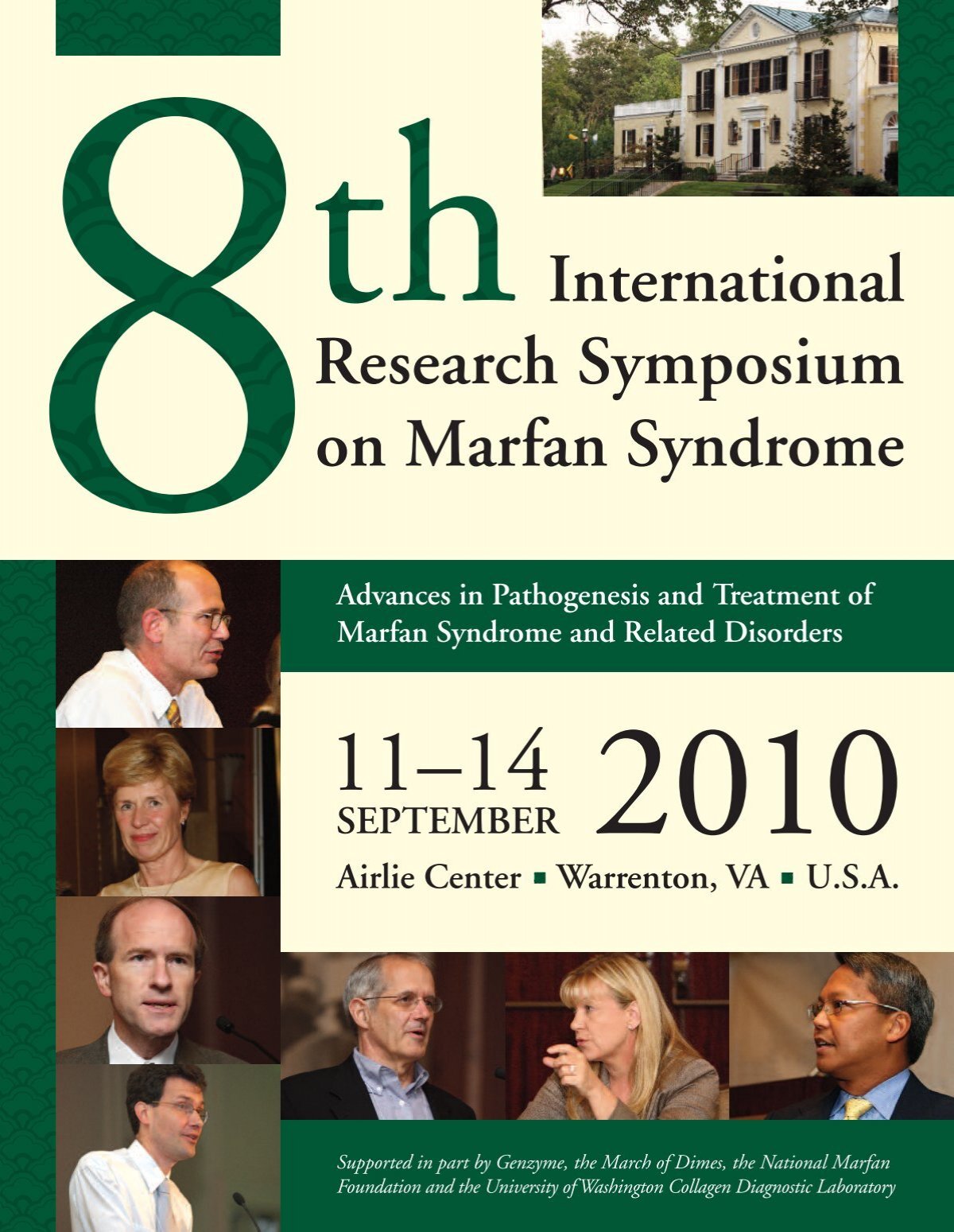
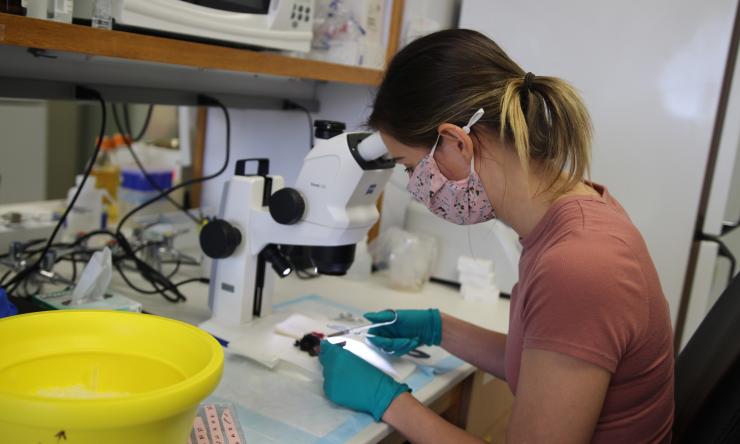


















Post a Comment for "Research On Marfan Syndrome"